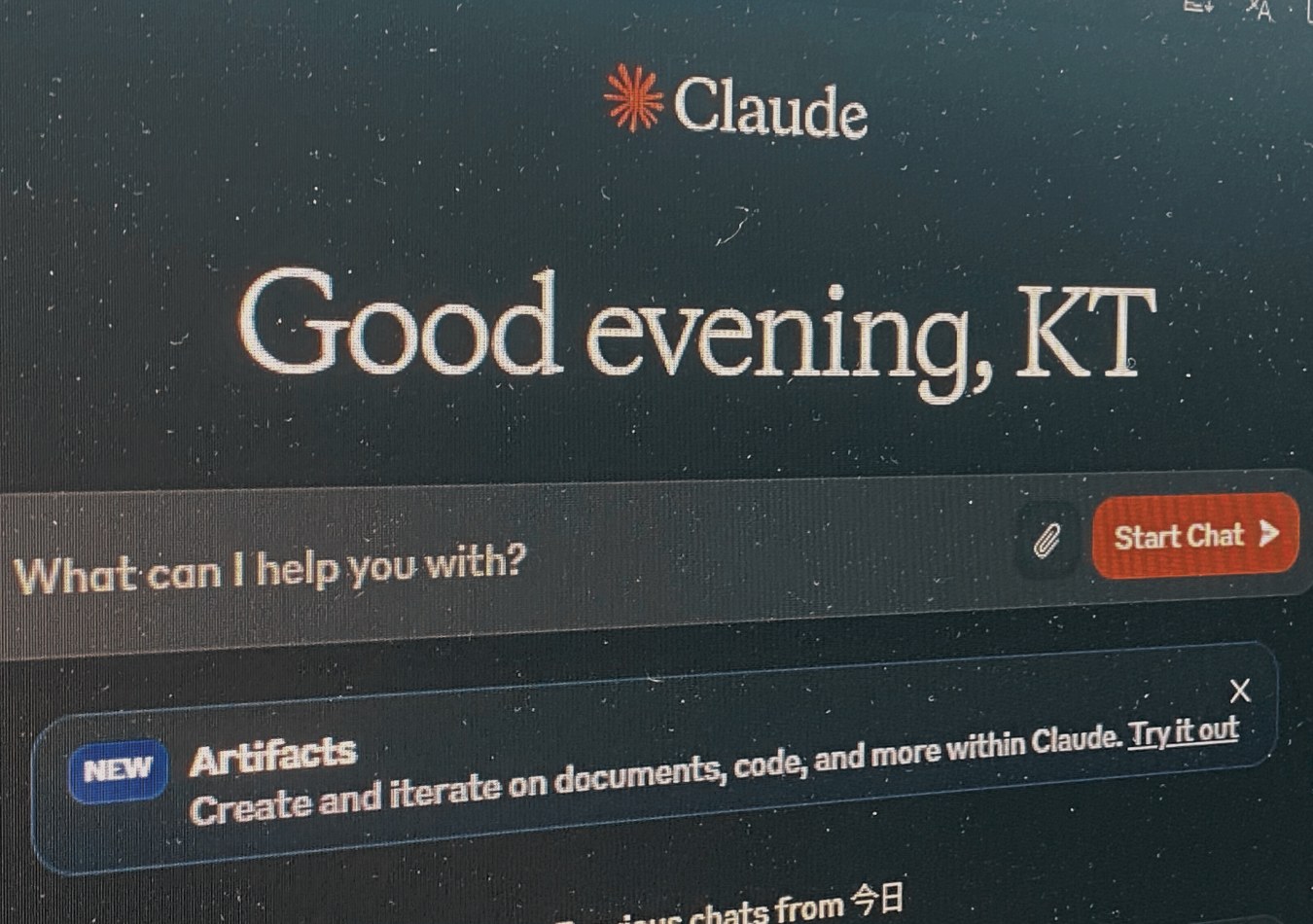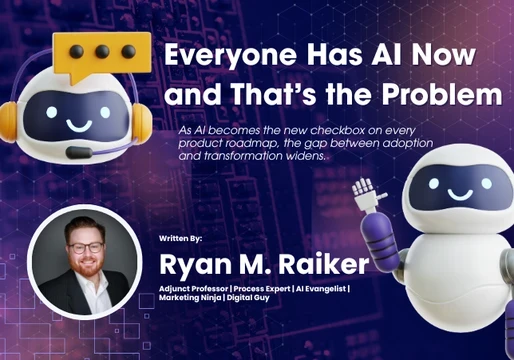In the past decade, large language models (LLMs) have transformed our understanding of artificial intelligence and their capabilities to interpret complex information.
Lopex statistics show that nearly 67% of organizations use generative AI products that rely on LLMs to work with human language and produce content.
One such organization, Anthropic has developed its own family of LLMs called Claude 3 that allegedly outperforms other existing AI systems.
This article tells you everything you need to know about Claude 3, what it is, why to use it and how to use it.

What is Claude 3?
Claude 3 is a collection of large language models (LLMs) trained by Anthropic, an American artificial intelligence (AI) startup. It aims to provide users with safe, accurate, and secure assistance with work through its chatbot.

Constitutional AI was used to train the Claude 3 LLMs which include three primary models – Opus, Sonnet, and Haiku. The models are optimised for various kinds of tasks such as drafting and iterating on websites, graphics, documents, and code, sharing and collaborating with teams, and analysing images.
According to Notta, Claude 3 features vision capabilities that can interpret photos, diagrams, and charts in a variety of formats. It's ideal for enterprises looking for ways to extract insights from lengthy PDFs and presentations.
Read: Meet Friend: The AI Wearable That's Always Listening
Claude 3 Opus is hailed as one of their smartest models because of its best-in-market performance on highly complex tasks. This AI model’s capabilities include performing tasks requiring advanced reasoning, vision analysis, code generation, and multilingual processing.
Claude 3 Sonnet aims to provide the best combination of performance and speed for efficient, and thorough tasks. It’s designed to help users by creating and refining documents, websites, graphics, and code. Users can collaborate with teams and share and work on projects. It has a function that allows users to analyze images and interpret visual information well.
Claude 3 Haiku is the company’s fastest model that can execute lightweight actions, with industry-leading speed. It’s designed to help users undertake tasks requiring near-instantaneous responses, making it ideal for applications where speed is paramount, such as real-time chatbots, quick information retrieval, and simple query answering.
Claude 3 can be used for personal tasks as well as organisations can create a Team account for collaboration.
Why use Claude 3?
Claude 3 has smart AI capabilities that seem to have outperformed other AI systems in terms of undergraduate-level expert knowledge (MMLU), graduate-level expert reasoning (GPQA), basic mathematics (GSM8K), and others. Its basic mathematics has placed it among the top-performing AI models.
Anthropic says that Claude 3 exhibits near-human levels of comprehension and fluency on complex tasks, leading the frontier of general intelligence. All Claude 3 models show increased capabilities in analysis and forecasting, nuanced content creation, code generation, and conversing in non-English languages like Spanish, Japanese, and French.
The AI system can especially help data analysts or organizations with more precise data analysis or generate content. Organizations can deploy Claude 3 to improve customer service, streamline operations, and develop innovative products. Ultimately, Claude 3's capabilities have the potential to enhance productivity, efficiency, and creativity across various fields.
What makes the system stand out is its ability to handle complex tasks while also being fast and reliable. This makes it a valuable tool for a variety of applications. Claude 3 is also designed to be safe and secure, reducing the risk of unintended harmful outputs.
How to use Claude 3?
Claude 3 can be currently used by researchers or organisations within Anthropic’s API. Opus and Sonnet are readily available to allow developers to sign up and start using these models immediately. Anthropic says the Claude API is now available in 159 countries and Haiku will be available soon.
Sonnet provides a free experience on claude.ai but Opus is only available for Claude Pro subscribers. Sonnet is also available through Amazon Bedrock and in private preview on Google Cloud’s Vertex AI Model Garden—with Opus and Haiku coming soon to both.
Claude 3’s free version, Sonnet available on claude.ai can be used by following these steps:
- Sign up to create your account using a Gmail or another email address and phone number.
- Users can begin submitting prompts on the chatbot. The process is similar to Google’s Gemini which allows users to select ‘retry’ when they are unhappy with the answers to their prompts.
- Users can also provide feedback by clicking the thumbs-up or the thumbs-down option.
Watch EM360Tech's latest video about Anthropic Claude 3.5 latest AI addition that allows AI to control your PC:







Comments ( 0 )